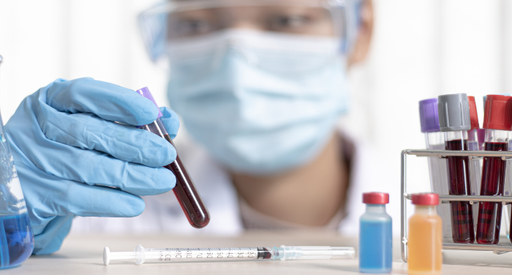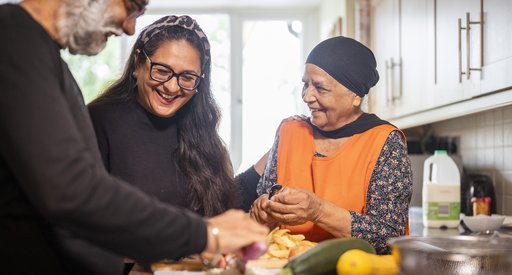Polycythaemia vera (PV)
Polycythaemia vera (PV) is a slow-growing blood cancer where your body makes too many red blood cells. It's one of a group of blood cancers known as MPNs, or myeloproliferative neoplasms.
Order your free booklet about PV.

What is PV?
PV makes your blood thicker than than normal and raises your risk of developing blood clots, but treatment can lower this risk.
PV explained

Finding out you have PV
It's never easy to hear the word cancer, but we can support you. Sign up to our weekly support email if you have recently been diagnosed.
Sign up now

Prognosis for PV
PV can't be cured but it can be treated effectively. Treatment can help control symptoms so you can get on with your life.
The general outlook

Symptoms of PV
It's important to know about the effects of PV, but you won't have all the possible symptoms. You may not have any at all.
Know the symptoms

Tests for PV
You will need tests to diagnose PV, then to monitor the PV and help your doctor decide on the best treatment.
Tests you may need

PV treatment and side effects
Treatment aims to control the number of red blood cells in your blood. If it causes side effects, your hospital team will help you manage them.
Read about treatment

Looking after yourself
Lifestyle doesn't cause PV, but there are things you can do which might help you feel better, mentally and physically.
How to help yourself

Living well with PV
When you're ready, read our information about living well with any type of blood cancer, including stories from people who've been through it themselves.
Guidance on living well
This information about PV is accredited with the PIF TICK, the UK's only quality mark for trusted health information.
Last full review September 2023. Next full review due September 2026. We may make factual updates to the information between reviews.
We would like to thank Consultant Haematologists Clare Kane and Mallika Sekhar for checking the medical content of our PV information, and Clinical Nurse Specialists Jodie Nightingill and Madeleine Ward for their guidance and support. Thank you also to Alex, Jacqui, Jeremy and Vij for supporting this project and sharing their experience of living with PV.
